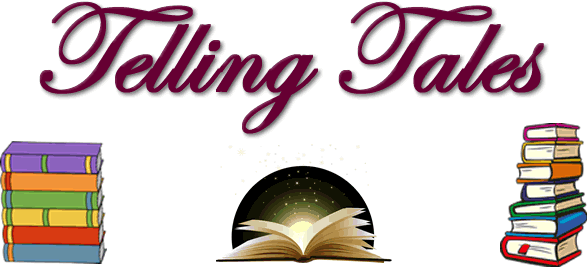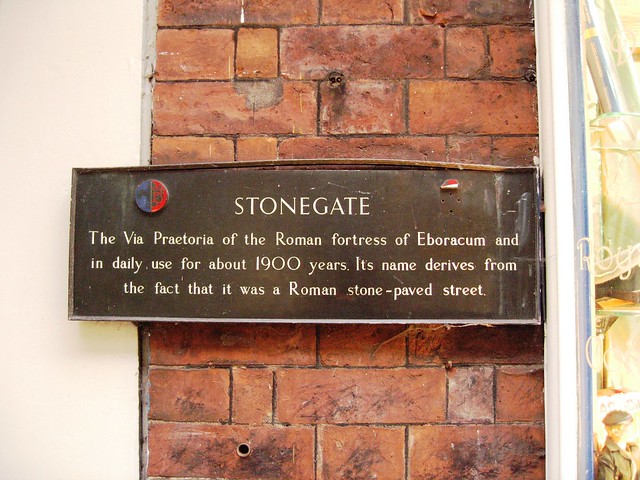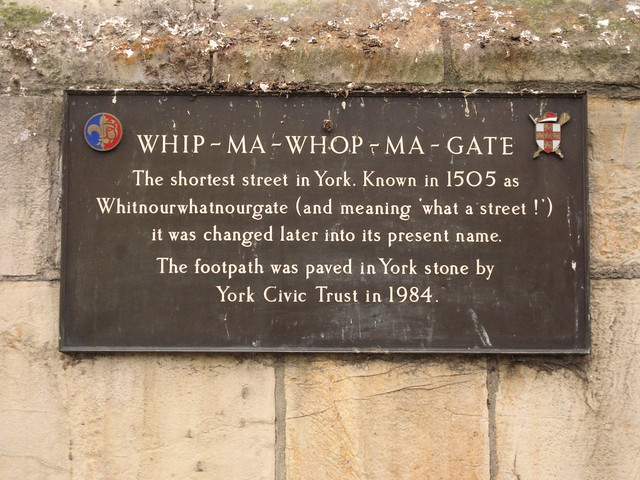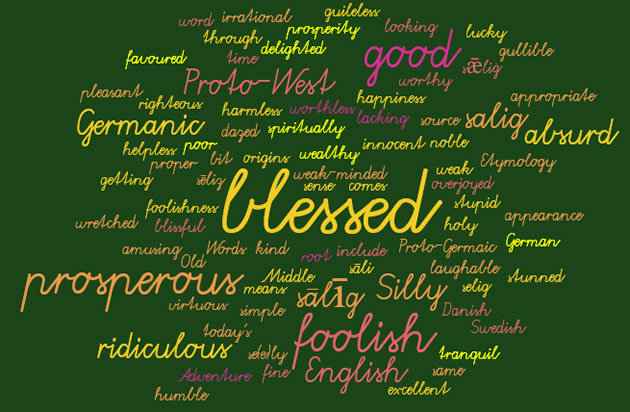Podcast: Play in new window | Download
The new language pages on Omniglot this week are:
- Poqomam (Qaq’oral), a Mayan language spoken mainly in the Jalapa Department in southern Guatemala.
- Tektitek (B’a’aj), a Mayan language spoken mainly in the department of Huehuetenango in western Guatemala.
- Uspantek (Uspanteko), a Mayan language spoken mainly in the department of Quiché in western Guatemala.
There are new numbers pages in the following languages (all of which are Mayan): Q’eqchi’, Q’anjob’al, Sakapultek, Yucatec Maya, Tektitek and Awakatek.
There’s a new page with a collection of Penny Pinching idioms and sayings in various languages that mean someone is stingy, tight or careful with their money.
On the Omniglot blog we find out when a chair is not a chair in a post entitled Soapy Chairs, and there’s the usual Language Quiz.
The mystery language in last week’s language quiz was Paha, a Kra language spoken in Wenshan Prefecture in Yunnan Province in southern China.
The Celtiadur post this week is about words for Grace and Favour in Celtic languages.
In the Adventure in Etymology this week we’re telling tales about the origins of the word tale.
I also made improvements to the Yucatec Maya and Awakatek language pages.
In other news, I made a little video of a tune I wrote a few years ago called The Whistling Windows / Y Ffenstri Sïo, which you can find on Instagram, TikTok and YouTube:
For more Omniglot News see:
https://www.omniglot.com/news/
https://twitter.com/Omniglossia
https://www.facebook.com/groups/omniglot/
https://www.facebook.com/Omniglot-100430558332117
You can also listen to this podcast on: Apple Podcasts, Amazon Music, Stitcher, TuneIn, Podchaser, PlayerFM or podtail.
If you would like to support this podcast, you can make a donation via PayPal or Patreon, or contribute to Omniglot in other ways.






